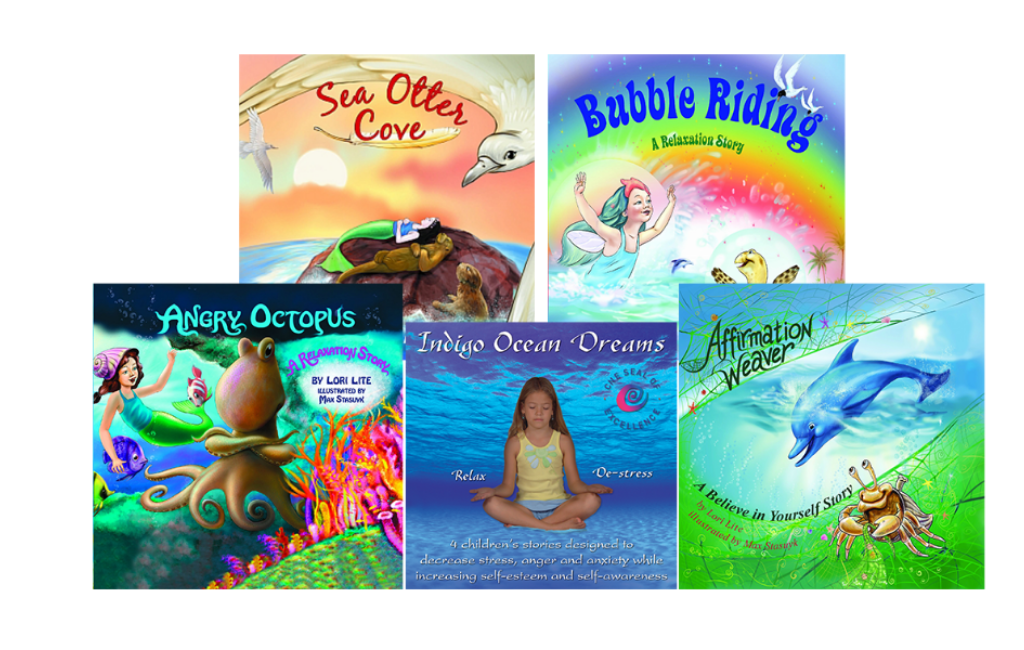Recycled Chopstick Art
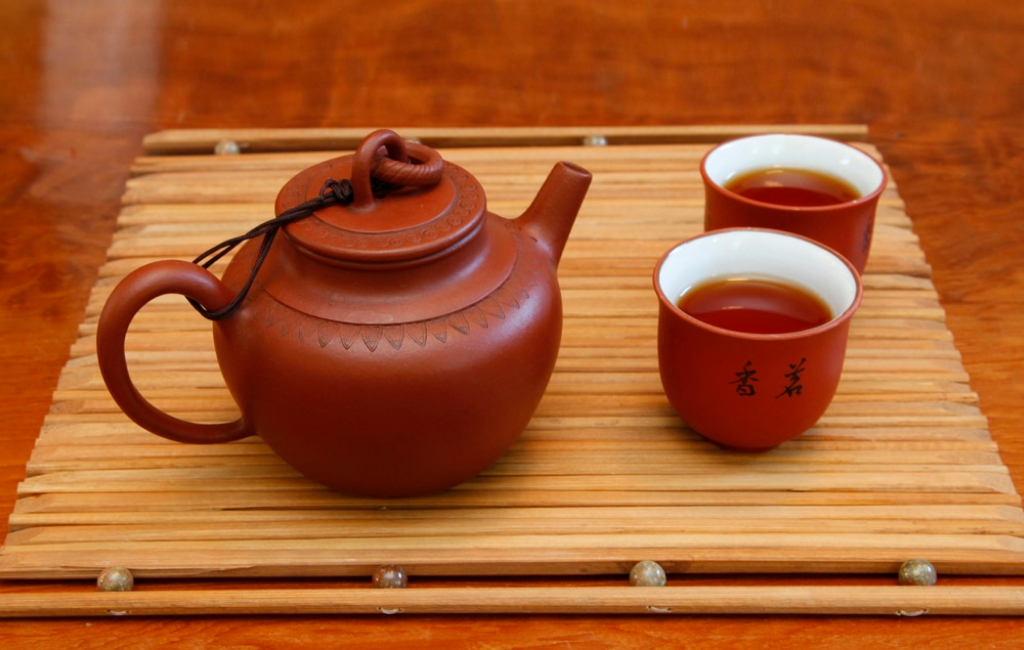
NO DEAL
EPISODE SUMMARY
🕓 Air Date: August 23, 2009
Asking For:
$100,000 for 10%
Investor:
No Deal
Deal:
No Deal
PRODUCT SUMMARY
Chopstick Art repurposes discarded bamboo chopsticks into various products, including baskets and jewelry, promoting environmental sustainability.
WATCH HERE
IN A RUSH?
Click these to jump to the section you want to read.
Background Story
Bryan Parks, the founder of Chopstick Art, resides in Eugene, Oregon, a city known for its environmental consciousness. With a background in artistry and a deep-rooted passion for environmental sustainability, Parks found himself uniquely positioned to address a pressing issue during his time living in China. While in China, he observed the staggering amount of discarded bamboo chopsticks, estimated at around 25 billion pairs annually. This realization sparked his entrepreneurial spirit, prompting him to explore ways to repurpose this abundant yet overlooked resource.
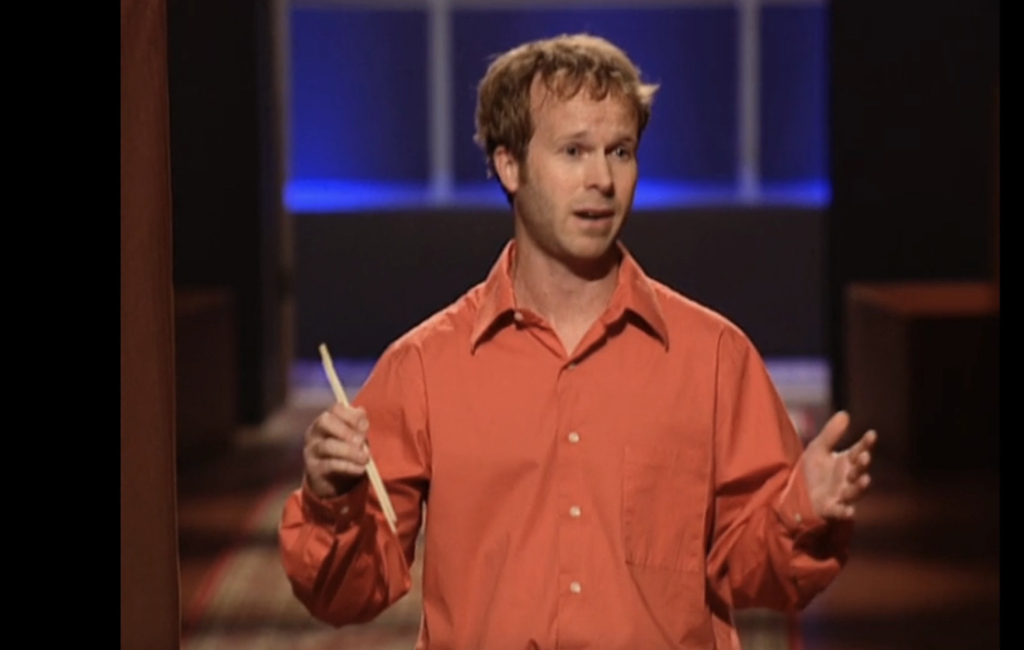
Combining his artistic flair with his commitment to environmentalism, Parks conceptualized Chopstick Art as a solution to repurpose these discarded chopsticks into functional and aesthetically pleasing products. His vision was not only to create unique pieces but also to raise awareness about waste reduction and sustainability. Parks’ background in art provided him with the creative skills necessary to design innovative products, while his environmentalist mindset fueled his determination to make a positive impact.
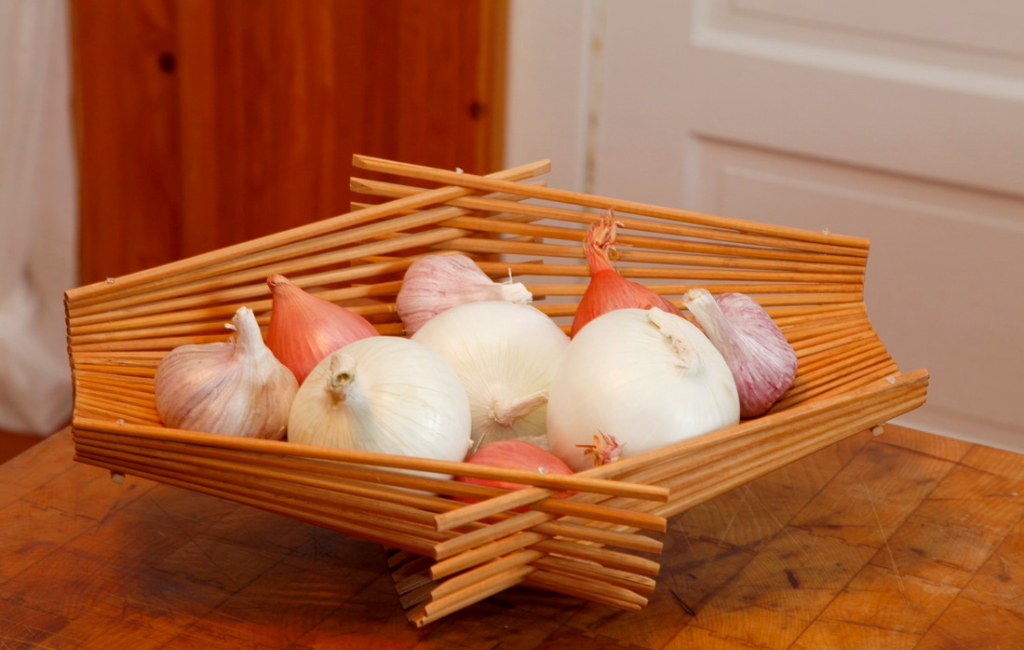
Upon returning to Eugene, Oregon, Parks established Chopstick Art, leveraging his artistic abilities and environmental ethos to transform discarded chopsticks into practical items like baskets and jewelry. His decision to base the company in Eugene, known for its green initiatives, aligned with his values and provided a supportive environment for his venture. Through Chopstick Art, Parks aimed not only to offer eco-friendly products but also to inspire others to rethink their consumption habits and embrace sustainable alternatives.
The Product
Chopstick Art offers a range of products meticulously crafted from recycled bamboo chopsticks. These products include intricately woven baskets, stylish jewelry pieces, and other innovative items. The bamboo chopsticks undergo a thorough cleaning and sanitization process, ensuring hygiene and safety for users.
The baskets, one of the flagship products, boast a sturdy construction with excellent air circulation, ideal for storing fruits or other items. Their foldable design allows for convenient storage when not in use. Additionally, Chopstick Art offers various jewelry pieces, such as necklaces, earrings, and bracelets, each showcasing the natural beauty of bamboo with a touch of artistic flair.
Customers can purchase Chopstick Art products directly through the company’s website or at select retail locations. The pricing varies depending on the complexity of the item, with baskets typically ranging from $7 to $30 and jewelry pieces priced accordingly.
Beyond their functionality, Chopstick Art products carry a profound environmental message, serving as tangible reminders of the importance of waste reduction and sustainability. By choosing these eco-friendly alternatives, consumers not only acquire unique and aesthetically pleasing items but also contribute to the larger goal of promoting environmental consciousness and responsible consumption.
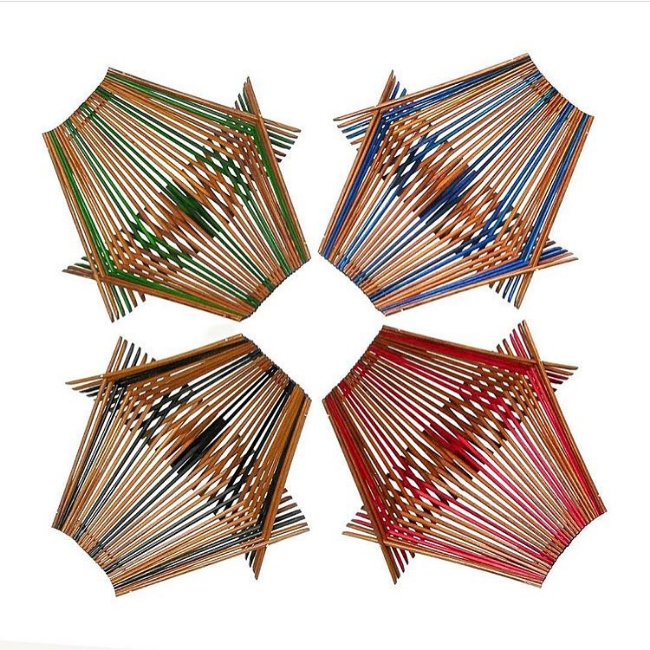
How It Went
The company’s position before Shark Tank
Chopstick Art has demonstrated steady growth since its inception, establishing itself as a niche player in the eco-friendly products market. While the company’s revenue has reached approximately half a million dollars over five years, profitability has been achieved only recently with the success of their folding baskets. Despite relatively modest sales figures, Chopstick Art has garnered attention for its innovative approach to sustainability and its commitment to repurposing discarded materials. The company primarily operates as a direct-to-consumer business, selling its products through its website and select retail partners.
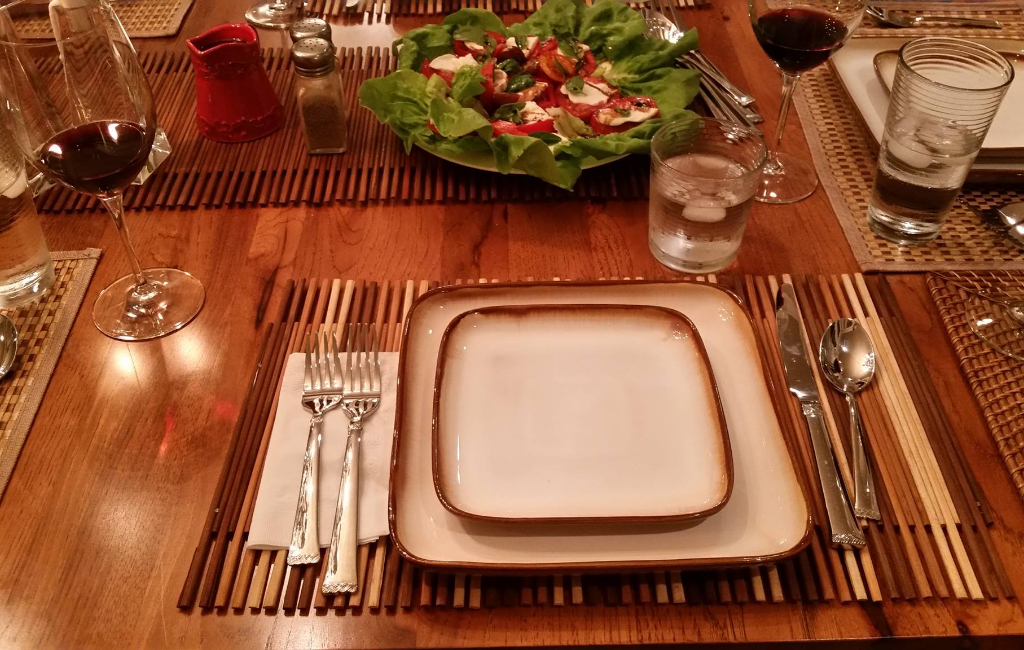
Chopstick Art has also forged partnerships with environmentally conscious organizations and retailers to expand its reach and promote its message of sustainability. However, wholesale distribution channels have not been extensively explored, representing a potential avenue for future growth. Chopstick Art’s customer base consists of environmentally conscious consumers seeking unique and sustainable alternatives to conventional products. While the company has seen some success in attracting customers through word-of-mouth and limited marketing efforts, there is room for expansion through targeted marketing campaigns and strategic partnerships.
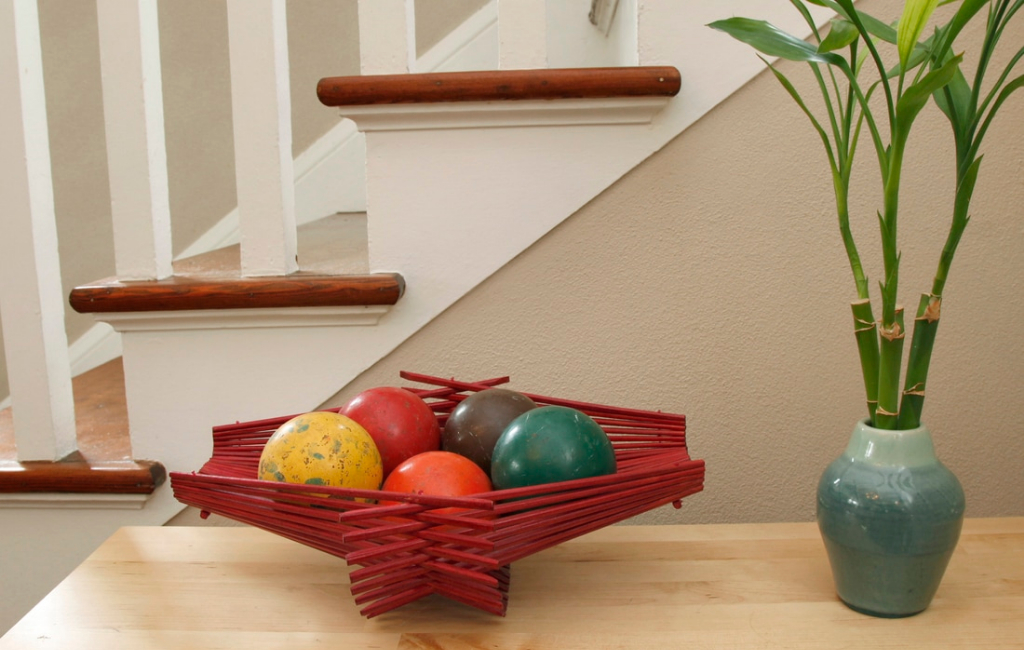
As for profitability, Chopstick Art has recently turned a profit, with net earnings totaling around $45,000. While the company’s financial position is relatively stable, its available capital for expansion and investment in marketing initiatives may be limited. As the company continues to grow, it may explore opportunities for external funding or strategic partnerships to fuel its expansion and amplify its impact on the environment. Currently, Chopstick Art operates with a lean structure, with Parks overseeing product development, marketing, and operations, supported by a small team of dedicated employees.
The Negotiations:
During the negotiations on Shark Tank, Bryan Parks presented Chopstick Art, seeking $100,000 in exchange for a 10% equity stake in his eco-friendly business. While the Sharks appreciated the environmental mission behind Chopstick Art, they raised concerns about its scalability and profitability. Despite Parks’ conviction in the company’s potential, all Sharks ultimately declined to invest. Mark Cuban, Lori Greiner, Kevin O’Leary, Barbara Corcoran, and Robert Herjavec each expressed reservations about the company’s limited revenue and perceived lack of significant growth prospects.
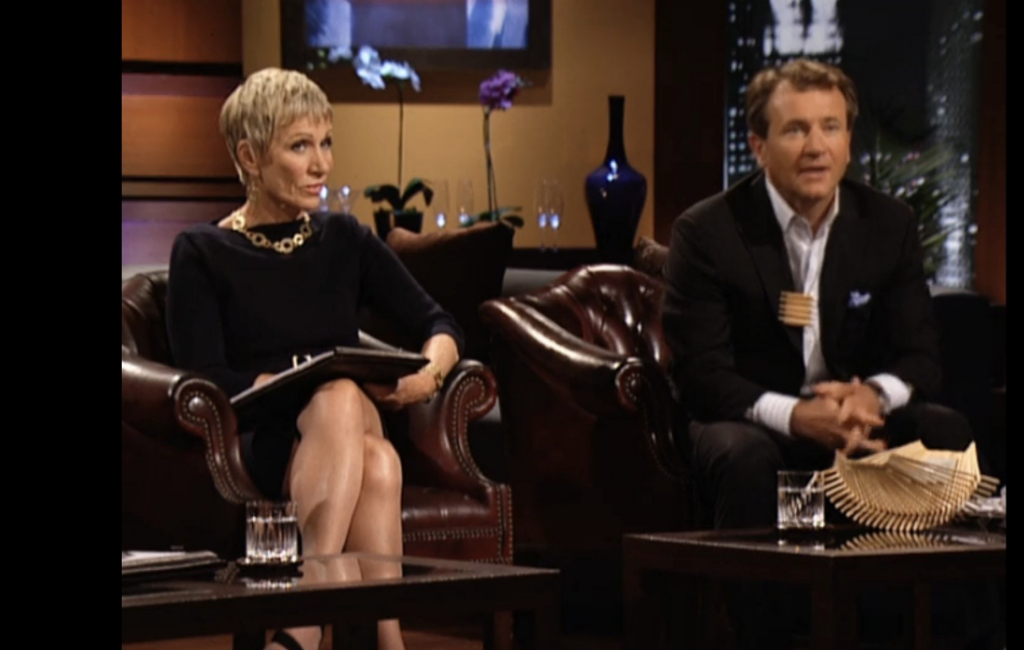
Robert Herjavec highlighted the challenge of achieving substantial returns given Chopstick Art’s modest profitability, ultimately leading him to opt out of the deal. Lori Greiner echoed these sentiments, expressing doubts about the company’s scalability and market appeal. While Kevin O’Leary appreciated Parks’ dedication to sustainability, he ultimately saw the investment as too risky for the potential returns. Similarly, Barbara Corcoran emphasized the importance of investing in businesses with the potential for significant growth, which she believed Chopstick Art lacked.
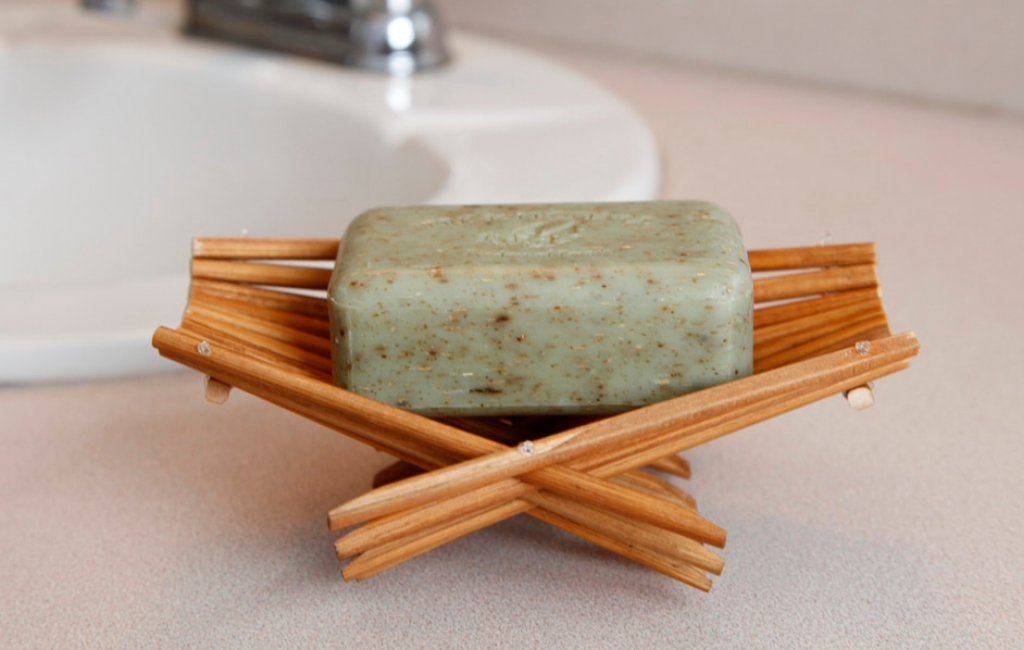
Mark Cuban concurred with his fellow Sharks, citing concerns about the company’s profitability and market potential. Despite recognizing the value of Chopstick Art’s environmental mission, Cuban ultimately decided not to invest. In the end, Parks left the tank without a deal, but with admiration from the Sharks for his commitment to sustainability and environmental consciousness. While the negotiations did not result in an investment, Parks remained determined to continue growing Chopstick Art and making a positive impact on the environment.







